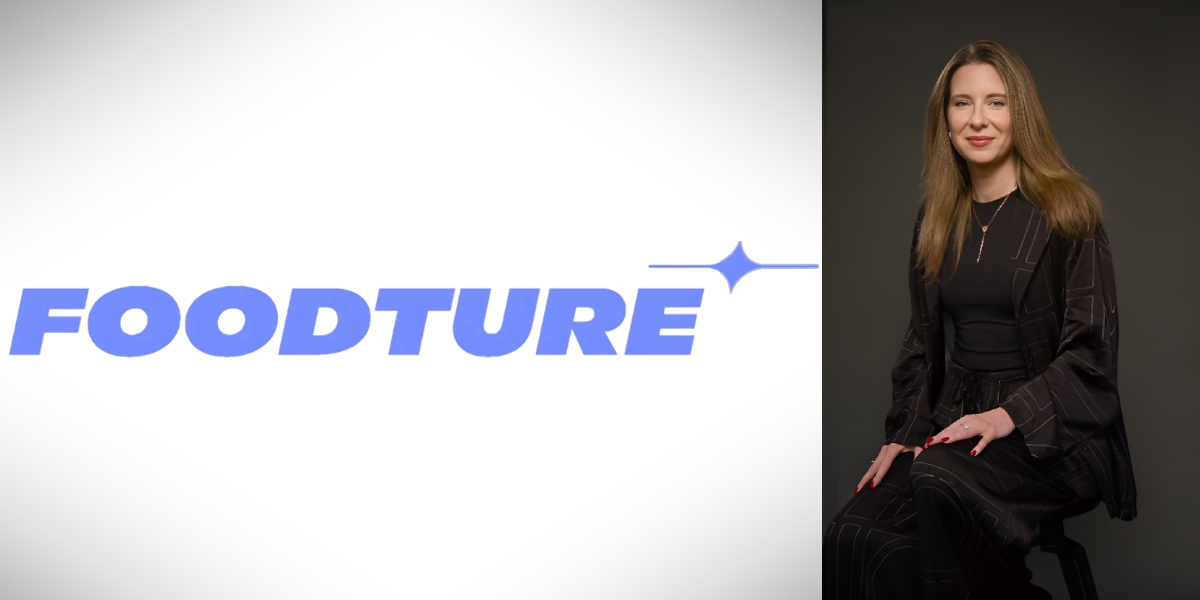What is Health Literacy?
In today’s healthcare system, having adequate health literacy is essential for individuals to navigate and understand the information necessary to make informed decisions about their well-being. In this comprehensive guide, we’ll delve deeper into the concept of health literacy, its importance, the challenges it poses, and the initiatives in place to address it in the vibrant community of Los Angeles.
Health literacy encompasses the ability of individuals to obtain, process, and understand basic health information and services needed to make appropriate health decisions. It goes beyond the ability to read and write, encompassing skills such as numeracy, critical thinking, and communication. Effective health literacy enables individuals to comprehend medical instructions, communicate with healthcare providers, navigate healthcare systems, and adopt healthy behaviors conducive to their overall well-being.
The Importance of Health Literacy
In a world inundated with health information from various sources, ranging from traditional media to online platforms, having sufficient health literacy is more critical than ever. Adequate health literacy empowers individuals to:
- Understand health risks and preventive measures.
- Interpret healthcare information, including medical forms, prescriptions, and insurance documents.
- Engage in shared decision-making with healthcare providers.
- Manage chronic conditions and adhere to treatment regimens.
- Advocate for their health needs within the healthcare system.
By equipping individuals with the skills to understand and act upon health information, improved health literacy contributes to better health outcomes, reduced healthcare costs, and enhanced overall quality of life.
Challenges in Health Literacy
Despite its importance, health literacy remains a significant challenge for many individuals, particularly in underserved communities. Several factors contribute to low health literacy levels, including:
In diverse urban centers like Los Angeles, language diversity presents a significant barrier to health literacy. Limited proficiency in English can hinder individuals’ ability to comprehend health information and effectively communicate with healthcare providers.
Low levels of formal education can impede individuals’ ability to understand complex health concepts and navigate healthcare systems independently.
Cultural beliefs, values, and norms can influence health behaviors and perceptions of health information. Failure to consider cultural context when delivering health information may lead to misunderstandings and ineffective communication.
Navigating the intricacies of healthcare systems, including insurance coverage, medical terminology, and appointment scheduling, can be daunting for individuals with limited health literacy skills.
The proliferation of misinformation and health myths, particularly on online platforms and social media, can confuse individuals and undermine efforts to promote accurate health information.
Addressing these challenges requires a multi-faceted approach that encompasses education, community engagement, and policy changes to promote health literacy and empower individuals to make informed health decisions.
Addressing Health Literacy: Initiatives in Los Angeles
In Los Angeles, various initiatives are underway to improve health literacy and enhance access to health information and services. These initiatives include:
1. Community Workshops and Outreach Programs:
Non-profit organizations, healthcare providers, and community groups conduct workshops and outreach programs to educate residents about a range of health topics. These sessions provide valuable information on preventive care, chronic disease management, and accessing healthcare services.
2. Plain Language Materials:
Healthcare providers and public health agencies are developing health materials using plain language and visual aids to enhance understanding among diverse populations. By simplifying medical terminology and providing clear instructions, these materials empower individuals to take charge of their health.
3. Digital Health Tools:
Digital health tools, such as mobile apps, websites, and online resources, offer accessible and interactive platforms for individuals to access health information. These tools often feature user-friendly interfaces, educational videos, and self-assessment tools to engage users and reinforce learning.
4. School-Based Health Education:
Integrating health education into school curricula helps children develop essential health literacy skills from an early age. By incorporating topics such as nutrition, physical activity, and disease prevention into classroom lessons, schools play a vital role in promoting lifelong health literacy.
5. Partnerships and Collaborations:
Collaborations between healthcare organizations, community groups, and government agencies strengthen efforts to improve health literacy in Los Angeles. By leveraging resources, expertise, and community connections, these partnerships can reach a broader audience and address the diverse needs of local communities.
Health literacy is a fundamental aspect of promoting health equity and empowering individuals to make informed decisions about their health. In Los Angeles, initiatives aimed at improving health literacy are making significant strides in educating and empowering residents. By continuing to prioritize and invest in these efforts, we can work towards a healthier, more informed community where everyone has the knowledge and skills to advocate for their well-being.





